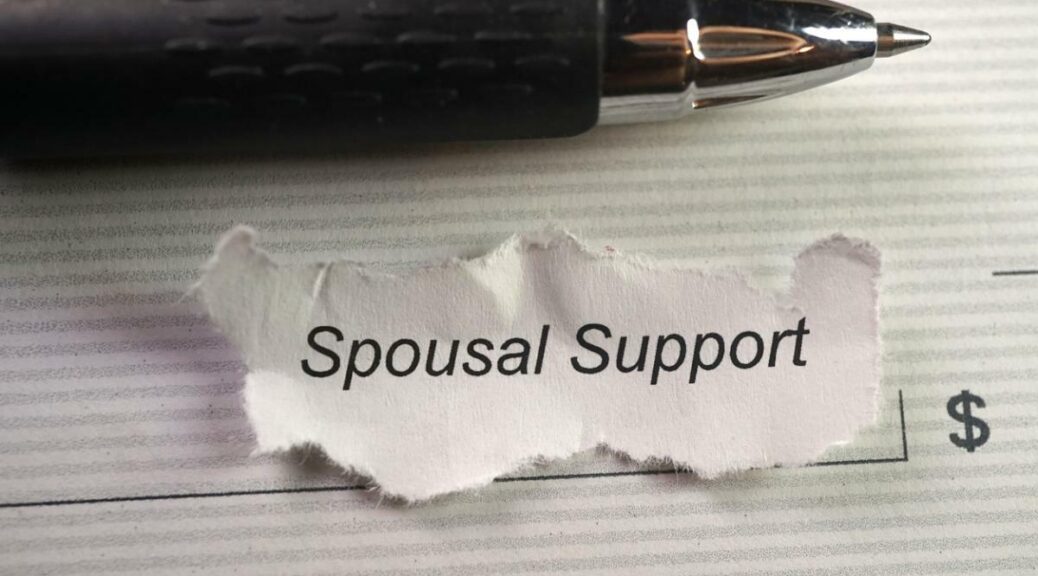As life expectancy continues to increase, more couples in their 50s and beyond are finding themselves contemplating divorce. Dubbed “graying divorce,” this trend highlights a unique segment of divorcing couples, whose legal and emotional challenges often differ significantly from those faced by younger individuals. For those navigating this complex process in California, the guidance of a skilled attorney can make a tremendous difference.
What Is Graying Divorce?
Graying divorce refers to the phenomenon of older couples, typically those over the age of 50, seeking divorce after many years, or even decades, of marriage. According to statistics from the National Center for Family & Marriage Research, this trend has been steadily increasing since the 1990s. Often, these couples face a host of issues that can complicate the dissolution of their marriage.
Unique Challenges of Graying Divorce
What makes graying divorce more challenging?
- Division of Assets: Unlike younger couples, graying couples often have more substantial assets, including retirement accounts, pension plans, real estate, and other investments. Determining the equitable distribution of these assets can be complex, especially if one spouse is nearing retirement or if there are significant changes in asset values due to market fluctuations.
- Retirement Plans: Many older couples have built their financial security on joint retirement plans. In a gray divorce, considerations regarding Social Security benefits, pension plans, and retirement accounts become incredibly important. It is crucial to fully understand how dividing these assets may impact future financial stability and retirement plans.
- Health Issues and Care Needs: As individuals age, health concerns may arise that can significantly impact divorce proceedings. Issues such as long-term care requirements or medical expenses must be factored into asset division and alimony discussions, as one spouse may require more financial support if they have chronic health conditions.
- Spousal Support (Alimony): The support that one spouse may provide to another post-divorce can differ greatly for older couples. Unlike younger couples, the duration and amount of spousal support can become contentious, particularly if one spouse knows they may not have the time to increase their earning potential due to age or health issues.
- Emotional and Psychological Impact: Older couples may already have deep-rooted emotional connections and shared histories that make the process of separation particularly painful. Additionally, the fear of loneliness, financial insecurity, and anxiety about starting over in later life can create emotional turmoil that affects both parties.
How Judy Burger Can Help
At The Law Offices of July L. Burger, we recognize the unique challenges that graying divorce presents. Our team is dedicated to providing tailored legal support that addresses the specific needs of our clients. We understand that this stage of life comes with its own set of concerns, and we work diligently to ensure that our clients navigate the process smoothly and with clarity.
- Thorough Asset Evaluation: We provide comprehensive evaluations of marital assets, ensuring all possessions are accounted for and fairly valued. Our expertise enables clients to understand their rights regarding retirement benefits and other complex financial matters.
- Advising on Retirement Implications: Judy Burger is well-versed in the intricacies of how divorce affects retirement plans and Social Security benefits. We will help you analyze your options, helping ensure you maintain financial security in your later years.
- Emotional Support Resources: During this challenging time, we recognize the emotional burden our clients bear. We can offer resources and referrals to counseling services to support you through this difficult transition.
- Negotiation of Spousal Support: Our firm will advocate for your best interests in negotiating any spousal support arrangements, focusing on the long-term financial stability of our clients post-divorce.
- Mediation and Settlement Options: Recognizing that not every divorce must go to court, we explore alternative dispute resolution options, including mediation, to reduce the strain of adversarial proceedings.
FAQs About Graying Divorce
What constitutes a “graying divorce?”
A graying divorce typically involves couples over the age of 50 seeking divorce after a long-term marriage, often with complex financial and emotional circumstances.
How does asset division differ in a graying divorce?
Older couples typically have more substantial and diverse assets, including retirement accounts, pensions, and real estate, which necessitate careful evaluation and equitable distribution.
What should I consider regarding spousal support?
Factors such as the duration of the marriage, discrimination in earning potential due to age, health issues, and the financial needs of both spouses will influence spousal support agreements.
How do retirement benefits factor into a graying divorce?
Retirement benefits are a major consideration, as dividing them can impact your long-term financial security. It’s essential to work with an attorney who understands the intricacies of retirement benefits in divorce.
Can mediation be effective in graying divorces?
Yes, mediation can be a fruitful alternative to traditional court proceedings, allowing for a more amicable resolution that can save time, money, and emotional turmoil.
Certified CA Family Law Specialist for Graying Divorce
Graying divorce is a significant reality for many couples opting to part ways later in life. With the right legal guidance, such as that offered by The Law Offices of July L. Burger, individuals can navigate the complexities of this process with confidence.
Whether you’re just considering the possibility of divorce or already in the midst of proceedings, having knowledgeable support by your side can make all the difference.











